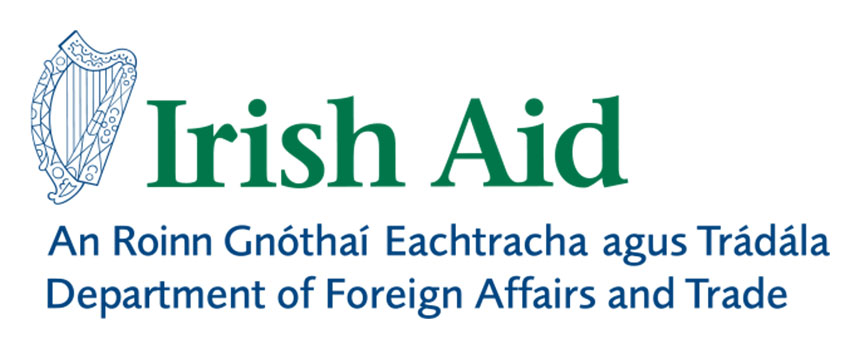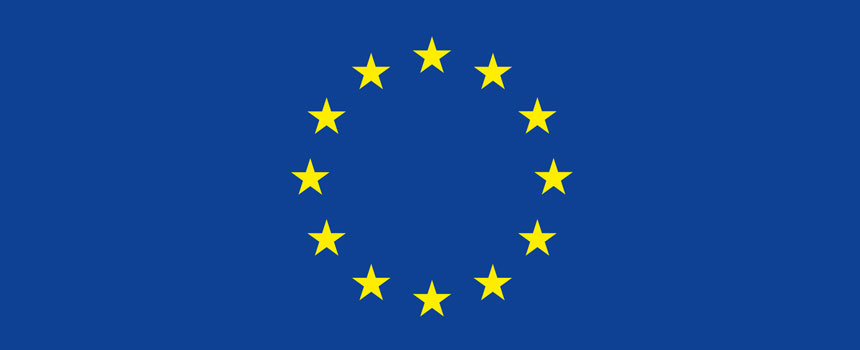Eurodad calls for a fair international insolvency regime after Argentina is forced to default on debts
31 July 2014

To read the press release on Eurodad's website click here.
by Bodo Ellmers
Thursday 31st July 2014
The European Network on Debt and Development (Eurodad) has renewed its calls for a fair international insolvency regime after Argentina was forced to default on its debts following a US court ruling.
The default followed a prolonged battle with hedge funds, or ‘vulture funds’, which have bought up Argentina’s distressed debt at discount prices and then sued for full repayment. The vulture funds’ case was backed again by the US Supreme Court earlier this year, when it turned down Argentina’s appeal and forbade Argentina to pay its creditors which have restructured bonds unless it pays the vulture funds too.
In the latest case, the US courts ordered Argentina to pay suing hedge funds $1.33 billion. These vulture funds bought up Argentina’s distressed debt at a fraction of its value from ‘holdout creditors’ who refused to accept a restructuring deal to reduce the debt - which more than 90 per cent of other creditors accepted. Eventually they sued for full repayment, aiming for a profit of 1600 per cent. Their success could now threaten the future of voluntary debt restructurings worldwide as creditors are incentivised to take the hold-out and litigation route.
Bodo Ellmers, Policy and Advocacy Manager at the European Network on Debt and Development, said: “Paying vulture funds would threaten the future of all fair debt crisis resolution, as no creditor would participate voluntarily in such a process when 'holding out' and suing for full payment is clearly the more profitable alternative.”
While the amount of money due to be paid seems affordable, the situation has been complicated by a "Rights upon Future Offers" (RUFO) clause in the restructured bond contracts. This implies that if Argentina pays the holdout bond holders, it must extend full payment to the 92% of the bond holders that accepted the debt swaps of 2005 and 2010. TheUNCTAD estimates the cost of undoing these debt swaps at over US$120 billion.
“Argentina could not meet these enormous payments, so a new default was the only option. Thanks to the vulture funds and the US courts, Argentina has fallen back into a new debt crisis," added Bodo Ellmers.
The case makes clear that legal predictability is needed to make sure that holdout creditors - vulture funds - do not undermine collective debt restructuring agreements. The lawsuits have caused more than decade of legal and economic uncertainty for Argentina, constraining its development. On the other side, Argentina's creditors at the time of restructuring included more than 600,000 retail investors, including 450,000 Italians, and 150,000 Germans and other Central Europeans. The vast majority of those accepted Argentina's offers. Now the holders of restructured bonds in Europe and elsewhere face once again uncertainty about how much money they receive, and when.
Eurodad is calling for a sovereign debt restructuring framework that - in cases of state insolvency:
•Ensures independent decision-making over debt restructurings.
•Deals comprehensively with a nation's debt problems by addressing all categories of debt.
•Distributes burdens fairly and transparently.
•Creates legal predictability by making binding and enforceable decisions for all.
•Gives all affected parties a right to be heard.
•Safeguards government spending from creditors that is needed to provide essential public services to citizens and fulfil human rights obligations.
In a submission to the International Committee of Experts on Sustainable Development Financing (ICESDF), Eurodad called on the United Nations to set up an intergovernmental process to develop a fair, independent and transparent debt resolution mechanism by 2016. Its call has been echoed by other key actors, such as the International Trade Union Confederation, UN special organisations such as UNCTAD and ECLAC, the International Monetary Fund, and Eurodad'spartner networks in Latin America and other regions. The G77 and China have also called for urgent action.
Bodo Ellmers said: “This situation is impossible and the debt crises that follow will only hit the poorest and most vulnerable living in indebted countries the hardest. Governments could now lose the ability to restructure debt in a timely and efficient manner so as to limit the harmful impacts of debt crises. An effective international insolvency regime is urgently needed. The United Nations General Assembly later this year and the upcoming International Conference on Financing for Development that the United Nations is organising in 2015 are the ideal opportunities to take this forward.”
ENDS
For further information, or to request an interview with Mr Ellmers, please contact Julia Ravenscroft, Communications Manager at Eurodad, on jravenscroft@eurodad.org or +32 2 893 0854.


